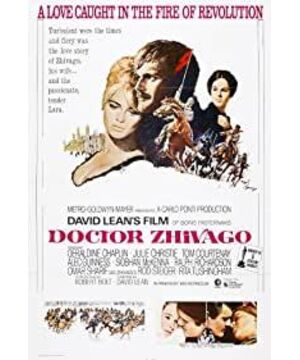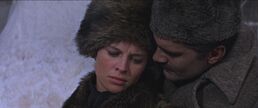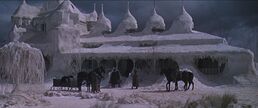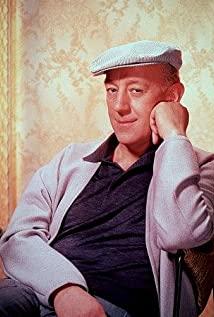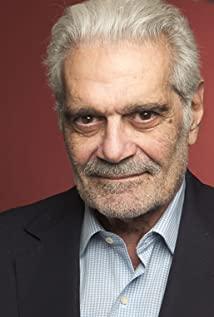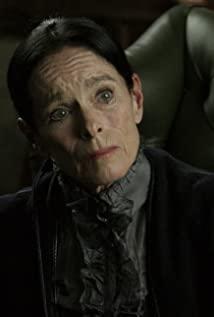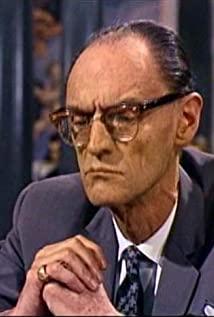The film is adapted from the works of the Nobel Prize in Literature of the Soviet writer Paulis Pisternak. There is a passage in the film that aroused my thoughts on history. This is a narration from Zhivago’s brother Yegraf:
"It was a war
between the League of Nations and Germany.
In Bolshevik terms,
it was a war of their upper class.
Both of them won the same
.. ....
All Europe cry out
to the same God for victory , and pray for victory.
My work, that is, the Party’s work
is to create
failures and produce revolutions from failures,
and this revolution is our victory.
I have noticed that I was conquered. The farmers
put on their
first pair of good leather
boots in
their lives. When the boots are worn out, they will be ready to obey. When the
time comes,
I brought three teams of people back from the front line.
That was the most proud job I have ever done. "
That war was the First World War, and this war dates back to the "Schlieffen Plan" formulated in 1905. This great plan (please forgive me for using the word great) assumes that Germany’s main enemy is in the West. The strategic focus is In Western Europe. First, the "blitzkrieg" focused on the superior forces on the western front, attacked the French army's rear via Belgium within 4 to 6 weeks, quickly defeated France, cut off the ties between Britain and the European continent, and then turned around to deal with Russia eastward at the latest in three months. Win the war in four months. But when the plan was deployed by Mochi later, Germany mobilized superior forces to fight the imaginary enemy of the East, Russia, which is what the Schlieffen plan specifically emphasized not to do. The result was the October Revolution of 1917, the Bolsheviks took power, and Russia announced its withdrawal from the First World War. At this time, it was too late for Germany to draw back its forces from such a long Eastern front. The First World War ended in 1918.
For the Bolsheviks, what they want is the victory of the proletariat, and they have no intention of fighting against Germany. This is what Yegraf said: "To create failure, and from failure to produce a revolution, and this revolution is our victory." To Germany In terms of what will happen if they follow the Schlieffen plan and do not consider fighting on the Eastern Front?
To a certain extent, the Bolsheviks used Germany to create opportunities for revolution, and it was necessary to place Russia at the pinnacle of such internal and external troubles before the revolution could erupt. It is mentioned in the film that in the second year'when the leather boots were worn out,' the deserters returned home and met the soldiers who changed their defenses and pulled out the front line. They said to the soldiers: "Join us", which means going home and also Refers to the ranks of joining the revolution. The situation of the Russian Revolution at that time is in this scene. If Germany does not fight on the Eastern Front, then the revolution lacking external catalysis will not come so fast, and without the October Revolution, Russia under the rule of the Tsar is still a potential enemy of Germany, and Germany may still lose the victory in the war.
In contrast to our history, when the Japanese army invaded China, the Kuomintang and the Communist Party also had a civil war. Chiang Kai-shek obviously wanted to eliminate the Communist Party first and then deal with the Japanese. Mao Zedong said: "The enemy of the enemy is a friend." The czar is the enemy of the Bolsheviks, and Germany is the enemy of the czar. Germany indirectly promoted the October Revolution. After the victory of the revolution, Russia will become one of Germany's biggest enemies. The Kuomintang is the enemy of the Communist Party, and Japan is the enemy of the Kuomintang...
Regardless of whether it is Russia or China, when the proletariat has just won, we can see how a group of ignorant, blind, physically and spiritually deficient, long-term oppressed, and without political literacy, once they have a little bit of power, how they abused this Power reaches a level of cruelty (and sometimes cruelty). What is shown in the movie is really just a more gentle way.
Although an excellent work is mixed with the author's inclination, it expresses the true repercussions of a certain period of society and the behavior of people, the reason why people do so. When this period is annihilated, through this work, we can also construct the society of this period.
View more about Doctor Zhivago reviews


